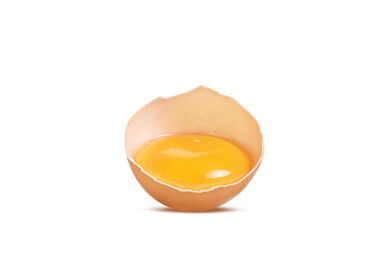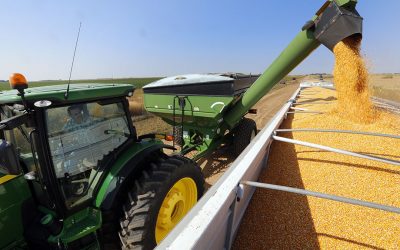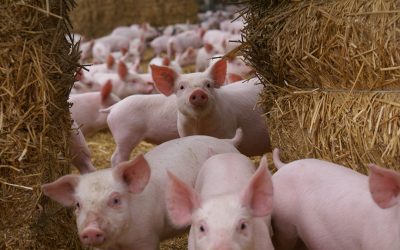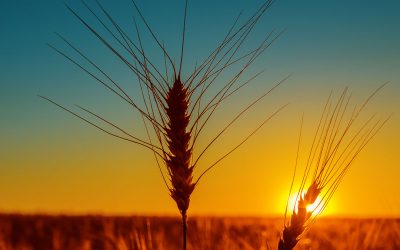Poet transforms corn cobs to ethanol
Sioux Falls, South Dakota-based Poet is readying production of a new cellulosic ethanol plant that uses a corn waste product corn cobs – rather than corn itself – to make the biofuel.
The plant, located in Emmitsburg, Iowa, where Poet already has a traditional corn-based ethanol refinery, is expected to produce 95 million litres per year once it starts commercial production in 2011. Poet already has a pilot project in Scotland, South Dakota.
The plant, called Project Liberty, could be a new revenue source for farmers, proponents say, although the future for the technology remains uncertain.
Poet expects to be able to pay between $30 to $60 per tonne of corn cobs, which would add considerabley to a farmer’s income. Currently, farmers have little use for the stripped-down corn cobs.
Other sources for the cellulosic ethanol include wood waste, switchgrass and other corn “residue” besides the cob, such as the stalks. Corn cobs are currently the sole focus of Poet’s cellulosic effort.
Unlike some of the other corn residue, the cobs are seen as having little if any value to the land and can be removed without depleting the soil.
And the cob, unlike the grain, doesn’t ignite the “food versus fuel” debate.
Poet says that it’s quickly finding ways to make cellulosic ethanol profitable. Costs have almost been cut in half. It currently costs roughly 13 to 21 $cents per litre more to make ethanol from corn cobs than from the grain, Poet says.
For farmers, harvesting the cobs requires additional equipment, and Poet is working with farm machine manufacturers to “accelerate their development” of equipment that will harvest cobs.











